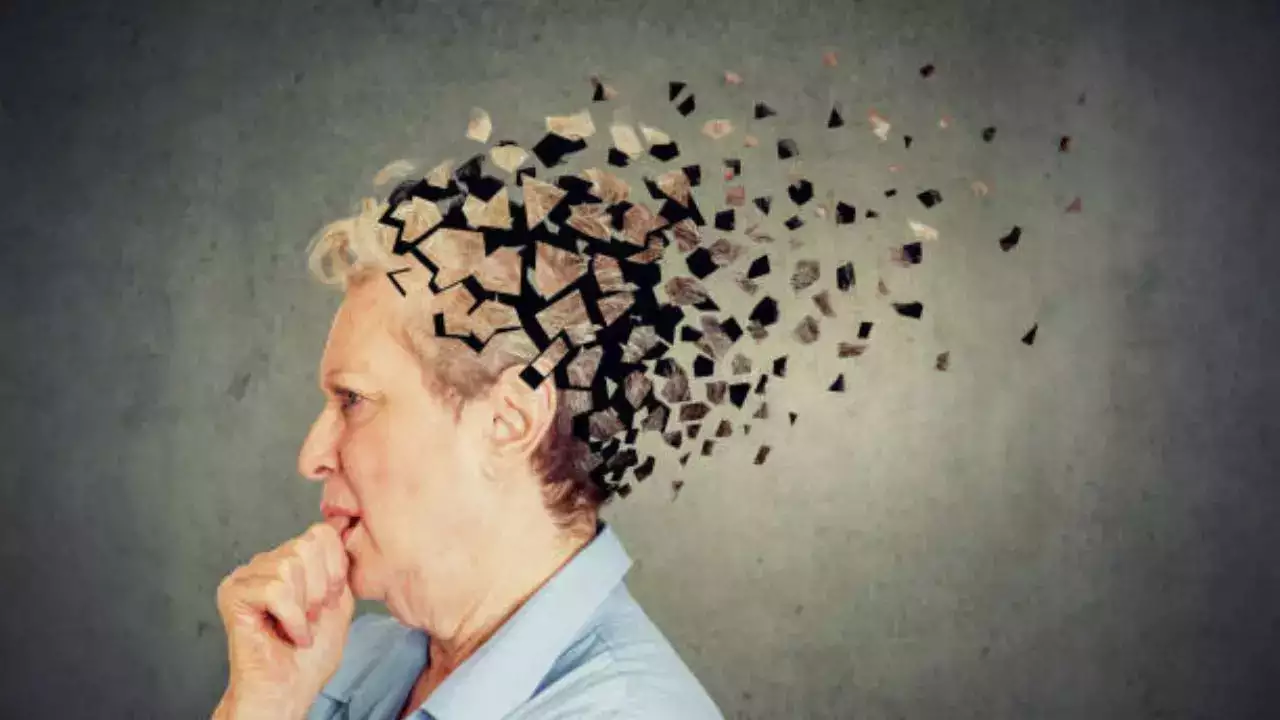
There are various hormonal and genetic factors that contribute to this gender disparity
Alzheimer's affects more than 55 million people across the world, with the greatest number of cases being women. According to estimates, a woman's estimated lifetime risk of developing Alzheimer's at age 65 is 1 in 5.
According to experts, there are various hormonal and genetic factors that contribute to this gender disparity. “Early symptoms often are subtle and never raise alarm in the early stages, but some cognitive changes and behaviours signify the onset of Alzheimer's,” Dr. Vivek Barun, Consultant Neurology and Epilepsy, Artemis Hospitals, told Times Now.
According to Dr. Barun, while loss of memory usually is the earliest sign—most commonly forgetting about recent conversations or appointments or not knowing where everyday objects are locwomen are also likely to have trouble handling routine tasks familiar to them.
And so, recognizing early signs of the disease is essential for timely intervention and management. A few of these include:
Memory lapses
Forgetting familiar words or the location of everyday objects.
Difficulty with names
Struggling to remember names when meeting new people.
Task performance issues
Finding it challenging to perform tasks in social or work settings.
Forgetting recent information
Losing track of material that was just read.
Misplacing valuables
Frequently losing or misplacing valuable objects.
Trouble planning or organizing
This may appear as difficulty in organizing thoughts, solving problems, or abstract thinking. Women may also experience reduced social engagement, avoiding activities or relationships they once enjoyed.
Language issues
According to Dr. Barun, one of the most common early symptoms is problems with language. “Women often cannot remember words as well as they used to. They would always pause or substitute the wrong word in sentences. Other common emotional changes include mood swings, anxiety, or irritability, all of which deepen,” he added.
Spatial awareness
Dr. Barun says spatial awareness commonly declines - including getting lost in familiar locales or having trouble judging distances.
Early Alzheimer’s signs should not be confused with ageing
According to Dr. Barun, it is important to note that the initial signs of Alzheimer’s often get confused with the signs of usual ageing or stress. “If you have Alzheimer’s, the symptoms would be occurring frequently and keep worsening,” he said.
It is important to get an evaluation done by a neurologist or geriatrician to get a proper diagnosis and appropriate intervention in the early stages. With proper diagnosis and timely intervention, it would slow down the process of Alzheimer's and also help the quality of life to be better.
What causes Alzheimer’s?
Alzheimer’s arises from damage to brain cells, disrupting their communication abilities. This interferes with a person’s thinking, behaviour, and emotions.
Each brain region handles specific functions such as memory, judgement, and movement. When cells in a particular region become damaged, that area cannot perform its tasks effectively. Alzheimer’s disease involves high levels of certain proteins inside and outside brain cells, making it difficult for these cells to remain healthy and communicate.
The hippocampus, responsible for learning and memory, is one of the first areas affected, leading to early memory loss.
Several risk factors can contribute to the development of Alzheimer’s, including:
- Age
- Genetics
- Lifestyle and heart health
- Brain injury
Get Latest News Live on Times Now along with Breaking News and Top Headlines from Health and around the world.
